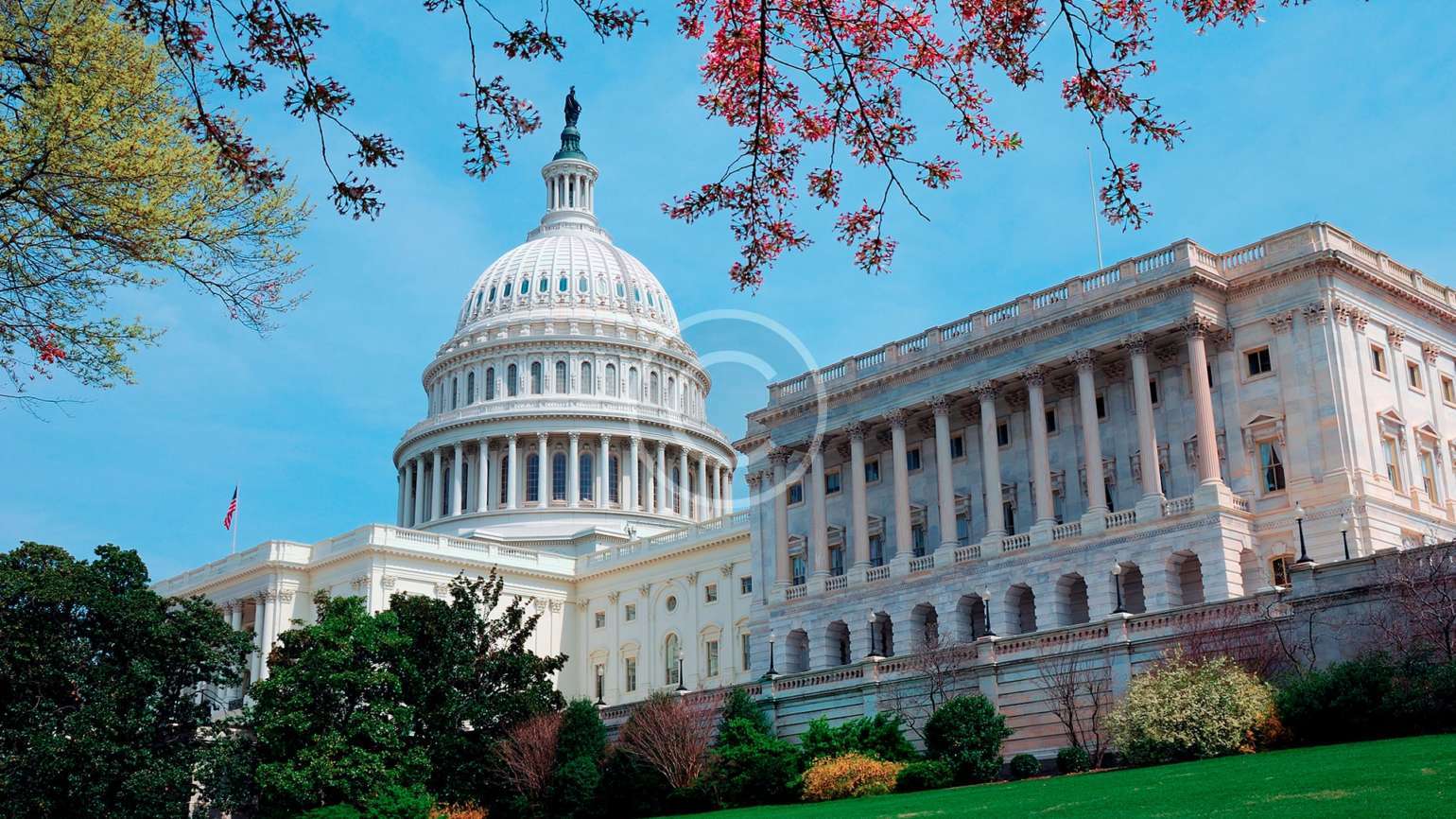Fiscal Cliff or Not, Higher Taxes Do Not Reduce Debt or Deficits
The Conservative Party understands that America is facing long-term and crippling debt problems that need common sense solutions based on sound economic/budgetary principles. Policies based on emotional political rhetoric and a failed leftist ideology, however, will only add to our growing $16 Trillion national debt, continue running annual deficits and hamper economic recovery.
Raising taxes on the productive elements of American society is counter-productive. That policy actually decreases tax revenues, stifles innovation and increases unemployment. That’s because most people earning $250K/year (or more) are small business owners who are the key economic drivers. Even if we doubled income tax rates on those productive people, it would only generate enough revenue to run the government for 90 days.
Enacting meaningful and sustained spending cuts across the board is the ONLY way to reduce debt and deficits. Base-Line Budgeting and Earmarks must be eliminated. All government programs must be reviewed and reformed, including Social Security, Medicaid and Medicare. Except for Defense and Homeland Security, all departments and agencies must cut spending by at least 5% a year for the next 10 years. Defense and DHS must then freeze spending at those levels for the next 10 years. Of course ObamaCare must be repealed or defunded. See CP-USA’s Budget Roadmap for more details.
Americans should remember that all tax and spending Bills originate in the House. Not the President. Not the Senate. Since they control the House, Republicans have the power of the purse to defund any program or kill any tax hike. They just don’t have the political courage to exercise that power.
Raising taxes uses an emotional political tool (“fairness”) to solve a fiscal problem (deficits). It’s like using a rope to push a truck uphill. Meaningful spending cuts, however, are sound fiscal solutions that solve tough fiscal problems.
Bottom Line: Retain current tax rates; close loopholes and cut spending. It’s better to fall off a $16T cliff now than a $20T cliff later.


